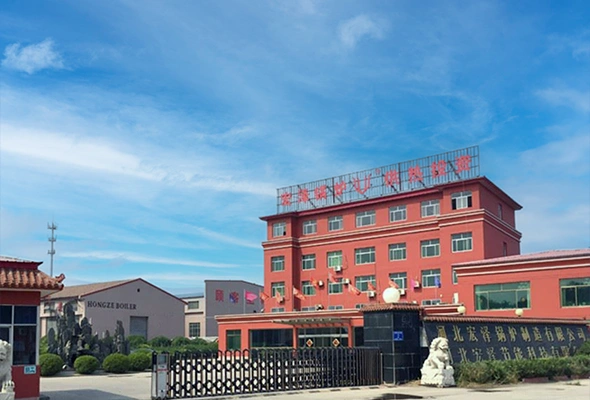
Sep . 14, 2024 16:22 Back to list
how hot is boiler water
How Hot is Boiler Water?
Boiler systems are crucial components in many industrial and residential facilities, providing heat and hot water through the process of combustion and heat transfer. Understanding how hot boiler water can get is important for several reasons, including efficiency, safety, and operational effectiveness.
What is Boiler Water?
Boiler water is the water that is heated in a boiler to produce steam or hot water for various applications. In industrial settings, this steam can power machinery or heat processes, while in residential environments, it’s often used for heating homes or supplying hot water. The temperature of the boiler water is a critical factor, as it directly influences the efficiency of heat production and the overall performance of the system.
Temperature Ranges
The temperature of boiler water can vary widely depending on the type of boiler and its intended application. In residential boilers, the water temperature typically ranges from 140°F to 190°F (60°C to 88°C). This range is generally sufficient for space heating and hot water supply.
In contrast, industrial boilers operate at much higher temperatures. Depending on the design and operating pressures, water in these systems can reach temperatures of over 300°F (150°C) and are often utilized in processes requiring high heat, such as in chemical manufacturing or food processing. Additionally, high-pressure boilers can produce steam at temperatures up to 700°F (370°C) or more, making them suitable for power generation and other high-energy applications.
Factors Influencing Water Temperature
how hot is boiler water

Several factors influence the temperature of boiler water, including
1. Boiler Type Different types of boilers (fire-tube, water-tube, electric, etc.) have varying capabilities and designs which affect the maximum temperature achievable. 2. Pressure Settings The pressure at which a boiler operates significantly impacts the boiling point of water. Higher pressure allows for higher temperatures without the water turning into steam, thus increasing efficiency.
3. Fuel Source Different fuel types (natural gas, oil, coal, etc.) can affect the heating efficiency and yield different temperature outputs based on combustion characteristics.
4. System Design The layout of pipes, radiators, and heat exchangers can influence how effectively heat is distributed, which can also affect the return temperature of the water.
Safety Considerations
While high temperatures are essential for efficiency, they also pose safety risks. Boiler systems must be equipped with safety devices such as pressure relief valves and temperature controls to prevent overheating and catastrophic failures. Regular maintenance and inspections are crucial to ensure that these systems operate safely and effectively.
Conclusion
In summary, the temperature of boiler water can vary significantly based on the type of boiler, its intended use, and operational settings. Residential boilers typically operate between 140°F and 190°F, while industrial boilers can achieve temperatures exceeding 300°F, depending on their design and application. Understanding these temperature ranges and the factors that influence them is essential for maintaining efficiency and safety in boiler operations. Whether you're a homeowner looking to optimize heating or an industrial manager ensuring operational safety, knowledge of boiler water temperature is fundamental.
-
High-Efficiency Commercial Oil Fired Steam Boiler for Industry
NewsJul.30,2025
-
High-Efficiency Biomass Fired Thermal Oil Boiler Solutions
NewsJul.30,2025
-
High Efficiency Gas Fired Thermal Oil Boiler for Industrial Heating
NewsJul.29,2025
-
High-Efficiency Gas Fired Hot Water Boiler for Sale – Reliable & Affordable
NewsJul.29,2025
-
High Efficiency Biomass Fired Hot Water Boiler for Industrial and Commercial Use
NewsJul.29,2025
-
High-Efficiency Biomass Fired Hot Water Boiler for Industrial Use
NewsJul.28,2025
Related PRODUCTS






















